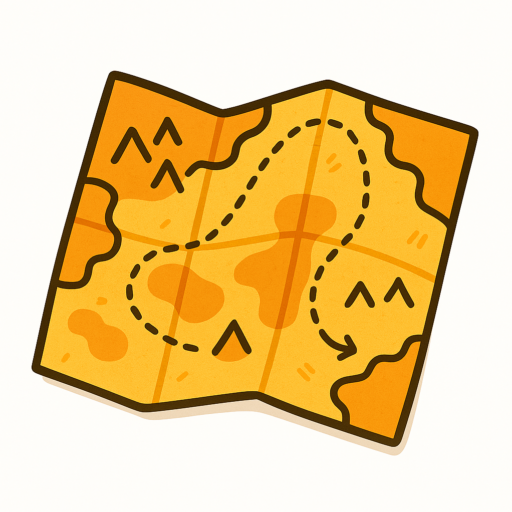*This article is part of the TOK Roadmap — a visual, all-in-one guide I created to help you ace Theory of Knowledge. [View the full roadmap here.]
In this post, I explain
- Areas of Knowledge (AoK)
- vs. Core/Optional themes
- How to approach AoKs
What are AoKs?
Areas of Knowledge (AoK) are areas of study that you are already engaging with in school: Mathematics, Natural Sciences, Human Sciences, History, and the Arts.
As usual, you will ask Knowledge Questions within each of these areas following the knowledge framework. Unlike core/optional themes (where you choose two to study), you study all five AoKs.
TOK Essay, which is the major assessment you complete in Year 2, requires you to answer a KQ based on two AoKs. This means TOK wants you to recognize how knowledge can be similar or different in these AoKs.
For example, consider the concept of ‘proof’—it’s a common term we use to demonstrate with certainty that something is true. However, in the Natural Sciences, an experiment can’t truly be “proven.” Instead, confidence is built through evidence, replicability, rigorous use of the scientific method, peer review, and other validation processes.
vs. Core/Optional themes
You do not need to scrutinize the small differences between AoKs and themes.
The only big difference I can see is that AoKs are slightly more subject-specific, while themes tend to focus more on the “I”, “us” and “them”—essentially human beings who learn, perceive, create, and evaluate knowledge.
So, in Natural Sciences as an AoK, it’s common to see questions devoid of words indicating ‘humans’ like “What knowledge, if any, is likely to always remain beyond the capabilities of science to investigate or verify?” and “Is there a single ‘scientific method’?” Maybe, this question can be rephrased to make it more relevant to ‘us’ as humans seeking scientific knowledge.
But you will find that separating these two concepts is really difficult. If you talk about science, you will probably talk about scientists, and vice versa. Art and artists. Math and mathematicians. Humans and knowledge are inseparable. So, I find that it’s best to think of AoKs and Themes as simply different areas of study you can look into—I think it’s wasteful to try to figure out the differences.
How to approach AoKs
DO:
- Explore knowledge questions related to each of the AoKs, to get familiar with terms used in TOK, like ‘evidence’ ‘proof’ ‘replicability’ ‘interpretation’…
DO NOT:
- Do not limit your thinking just because themes and AoKs are separate. You can talk about ‘knowers’ when working with AoKs in the TOK Essay. You can incorporate what you learn from AoKs into your TOK Exhibition. What matters is your ability to think/analyze/write, not your ability to define TOK concepts.

Leave a Reply